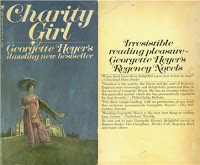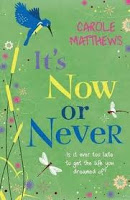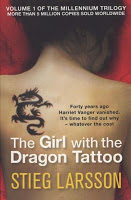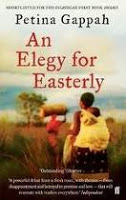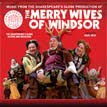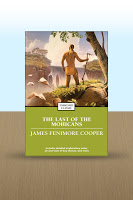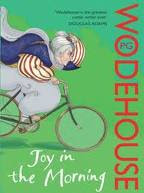
I’ve been meaning to read some Wodehouse for ages, and this was it: JOY IN THE MORNING.
It is the fourth of Wodehouse’s eleven wildly popular Jeeves and Wooster stories. Bertie Wooster is a dim but wealthy gentleman living in London in the 1930s. Jeeves is his butler, who is very much the brains of the operation, and is constantly having to get Wooster out of what I can only describe as – this being a nineteen thirties comic novel – scrapes. In JOY IN THE MORNING, Bertie has to go down to Steeple Bumpleigh, the home of his terrifying aunt, to help his friend secure the hand of the girl he loves. There’s all sorts of hijinks (I use the word advisedly), involving explosions, fancy dress balls, boy scouts and drunken uncles, and eventually Jeeves saves the day.
In general, I love these establishment English Lit figures. This is no doubt because I have been so colonized mentally, and Bob Marley would be ashamed of me. Thus, I expected to love Wodehouse. I’m really sorry to say that this is not the case. It all seemed horribly overwritten – every sentence was crammed to the brim with ironic, slangy language; and the comic idea (idiot rich man, clever servant) seemed rather old hat. It might only seem old hat now of course, because Wodehouse was the milliner who first made this particular hat, and now we’ve seen it repeated over and over.
So perhaps while it does appear derivative, it is only derivative of itself. Whatever. I was bored.
As a side point, JOY IN THE MORNING alludes to Psalm 30:5: “Weeping may endure for a night, but joy comes in the morning.” Which I think is rather lovely. And interesingly, the title has actually been used for two other novels. You must just read the write-up for the 1950s one below, especially if you want to barf:
“In Brooklyn, New York, in 1927, Carl Brown and Annie McGairy meet and fall in love. Though only eighteen, Annie travels alone to the Midwestern university where Carl is studying law to marry him. Little did they know how difficult their first year of marriage would be, in a faraway place with little money and few friends. But Carl and Annie come to realize that the struggles and uncertainty of poverty and hardship can be overcome by the strength of a loving, loyal relationship. An unsentimental yet uplifting story, Joy in the Morning is a timeless and radiant novel of marriage and young love.”
Barf.


